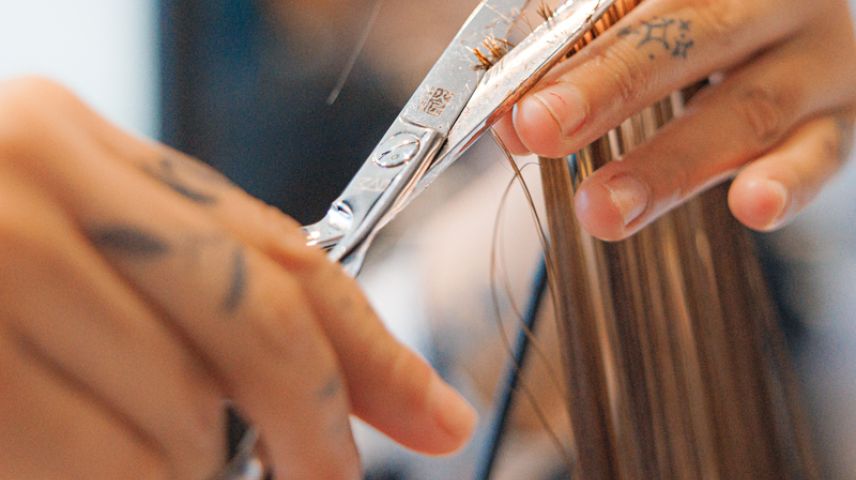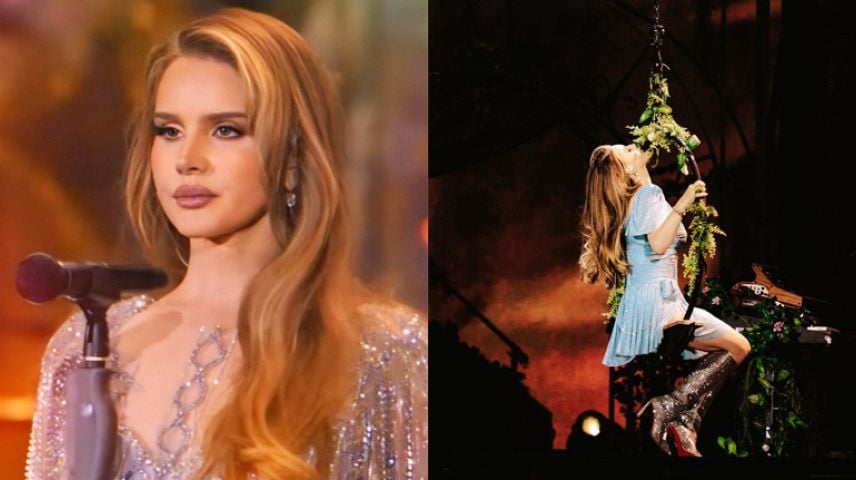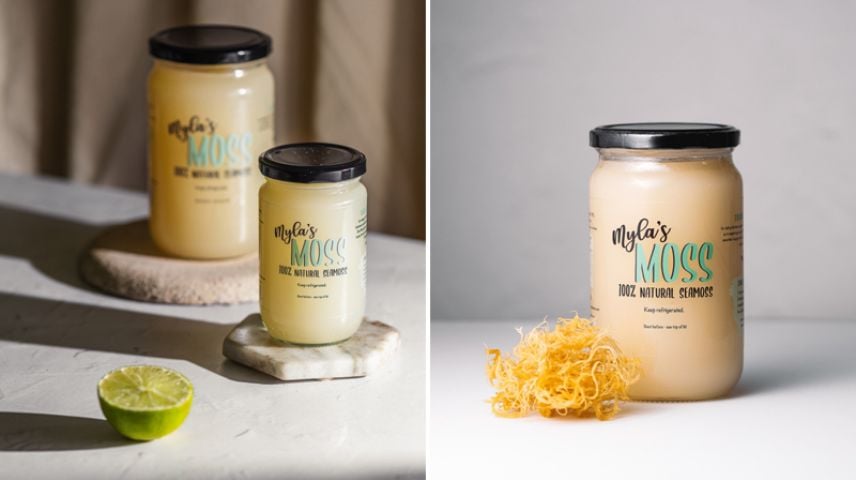I'm allergic to hair dye, can you recommend a more natural approach?
Hi,
I trained in Hairdressing many years ago but had to give it up due to being allergic to hydrogen peroxide. 12 years ago I also suffered a severe allergic reaction to hair dye in which I had to stop colouring my hair, which was fine until I reached the age I am today, 44.
I have recently started to notice grey hairs coming through, not a great deal but I would like to try colouring my hair again. I would like to try henna but after reading up various articles on the internet it seems getting the colour right is quite difficult. I would like to be able go to a professional hair colourist wherein they themselves could advise me of the right colour and also to apply the henna.
Would you be able to offer some advice, is Henna the only solution to my problem or do you know of another way I could dye my hair?
Many thanks,
Anon, UK
Hi there,
Over time, the way that our body reacts to hair dye can change, so I definitely think it's worth performing patch tests with professional hair colourants to see if a reaction still occurs. Henna hair dye can be tricky as you say, and you will probably find it difficult to find a reputable salon that uses the old traditional type of Henna colours. Instead, there are now various types of organic and natural hair colours available in professional salons, so I would recommend going down this route.
The best course of action would be to visit a salon that offers this type of hair colour, tell them your full history, and ask them to perform a patch test. If you experience a reaction, just try a different type of organic or ammonia-free colour, and keep going until you find one that doesn't cause a reaction. Always get the salon to tell you specifically what colour they are testing on you, so you know what you've tried and what you haven't! A permanent colour would produce better results in covering grey hair, but a semi-permanent uses a lower level of peroxide and therefore may be a better bet. L'Oreal produce a permanent ammonia-free colour called INOA, and Schwarzkopf manufacture an organic range called Essensity and an ammonia-free range aimed at sensitive scalps called Senea, so these would be a good start.
Because you have experienced severe reactions in the past, make sure the patch test is done thoroughly; test a small area of skin first, as normal, and if that's fine then it would be worth going back to the salon and testing it again over a larger area of skin to make absolutely sure. Get advice from your doctor as well on what do to if you experience any discomfort; I know people with sensitive skin who just take anti-histamine tablets before having their hair coloured, although we would never recommend this unless advised by your doctor.
Hope you find a solution - good luck!
Michelle Lawley at Royston Blythe
Sorry to hear about your allergy to the chemicals in hair colour. At present there isn't much in the way of professional colourants without p-Phenylenediamine (PPD) or Resorcinol. These are essential in the colouring process and are the main components of the dye.
I can suggest that first you go and have a skin test at a salon to see if you are still very sensitive to colour, I have heard about a professional Schwarzkopf colour line called Senea that is super gentle and is designed for delicate skin. It is worth a try to see if that would possibly work for you. If that fails then maybe you could try using a vegetable colour or as we call it in the industry a true semi-permanent colour. Chromative by L'Oreal Professionnel lasts for around 6-8 shampoos and has a good range of shades. But have a skin test first before you have the service.
Henna is always an option but you have read correctly that it is quite a difficult colour to get right. If you want orange or vibrant red then I think it is a great product, however if you are looking for natural browns or blacks then be aware that even they could contain PPD. Lots of Henna is made in countries with less strict laws about what the manufacturers have to tell is in the ingredients. Pure natural henna should contain no PPD and be made of 100% Lawsonia Inermis (the latin for henna).
I don't use henna at work and off the top of my head I don't know of any salons or colourists that do. This is because once hair is coloured with henna then it cannot be bleached or lightened with regular hairdressing colourants. All sorts of complications arise, so you will have to do some research in your local area about salons or people that colour with it and go have an in depth consultation, strand test and skin test.
Would love to hear how you get on, whatever you decide to do.
John Clark at Brooks+Brooks, London
Hello, and thank you for your question!
This is a common problem (and a common question) as more and more people seem to be becoming ‘allergic’ to colouring their hair. If you have suffered from an allergic reaction in the past, the likelihood is that it’s to do with PPD (a fixative) which is in all hair dyes. Henna does not contain PPD, but more people are actually allergic to henna than they are to normal conventional hair dyes. Just because they are ‘natural’ does not mean they are ‘safe’ (far from it!).
The safest thing to do is to ask your hairdresser to use a colouring technique which does not let the colour onto the scalp; i.e. highlights/low lights, this is safe because it’s only the skin which can allergically react and NOT the hair (there are no nerve endings or blood vessels in it for it to react).
Please always tell the hairdresser you have had a reaction before so they can be extra careful when using colour in this way.
Good Luck,
Iain Sallis of Iain Sallis Trichology Clinics - www.hairmedic.co.uk





